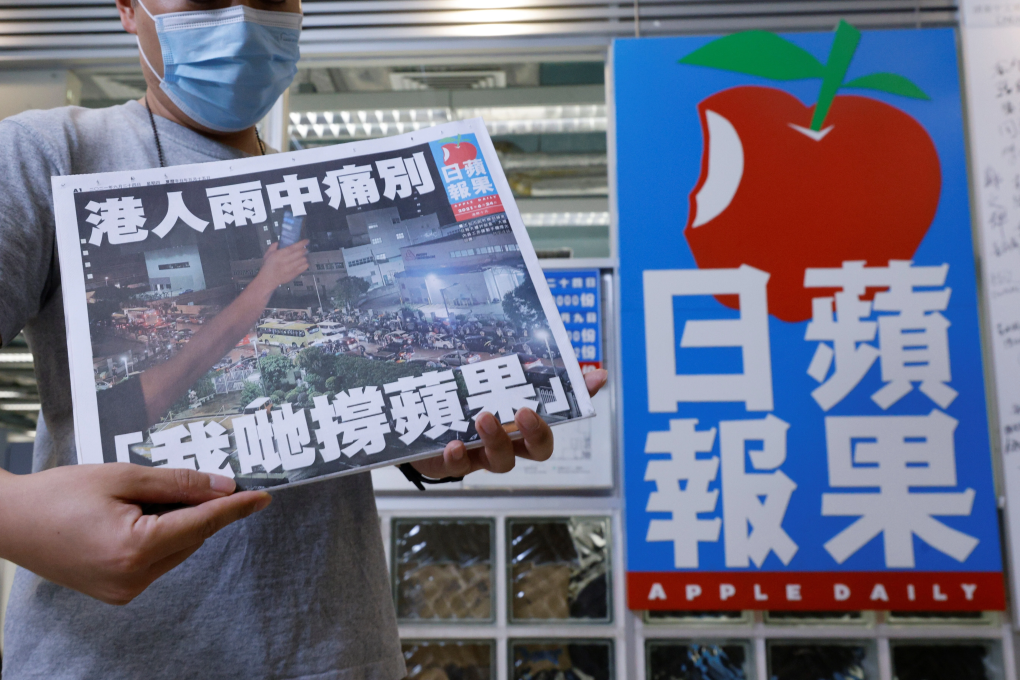My Take | A free media is at the core of ‘one country, two systems’
- The national security law states that human rights are to be ‘respected and protected’ and refers expressly to press freedom. These must not be allowed to become empty words

The dramatic demise of Apple Daily last week marks the end of an era and raises further questions not just about the future of Hong Kong’s media industry but also the city’s way of life.
Not everyone is sorry to see the closure of the racy tabloid-style newspaper, with its strident anti-government stance, following arrests of six senior members of staff and the freezing of assets under the national security law.
But the scramble to buy a prized copy of the final edition on Thursday and hurried efforts to preserve content on Apple ’s website show the level of support the newspaper enjoyed among Hong Kong people.
Whether you agree with its political position or not, there is no denying the impact Apple has had on the city’s media scene. It launched with much fanfare in 1995, shortly after my own arrival in Hong Kong. This was a time of fierce competition for local media.
The Eastern Express, a new English-language newspaper, had hit the streets the previous year. But it was the arrival of Apple Daily that raised the stakes and fuelled competition. The investment in journalism, comprehensive coverage of Hong Kong news, scoops, exposes, and quest to hold the powerful to account energised the industry. Everyone had to lift their game.
There was a less palatable side to the paper. The sensational stories, graphic portrayal of sex and violence, and no-holds-barred approach to news sometimes caused discomfort to even the most ardent supporters of press freedom.
